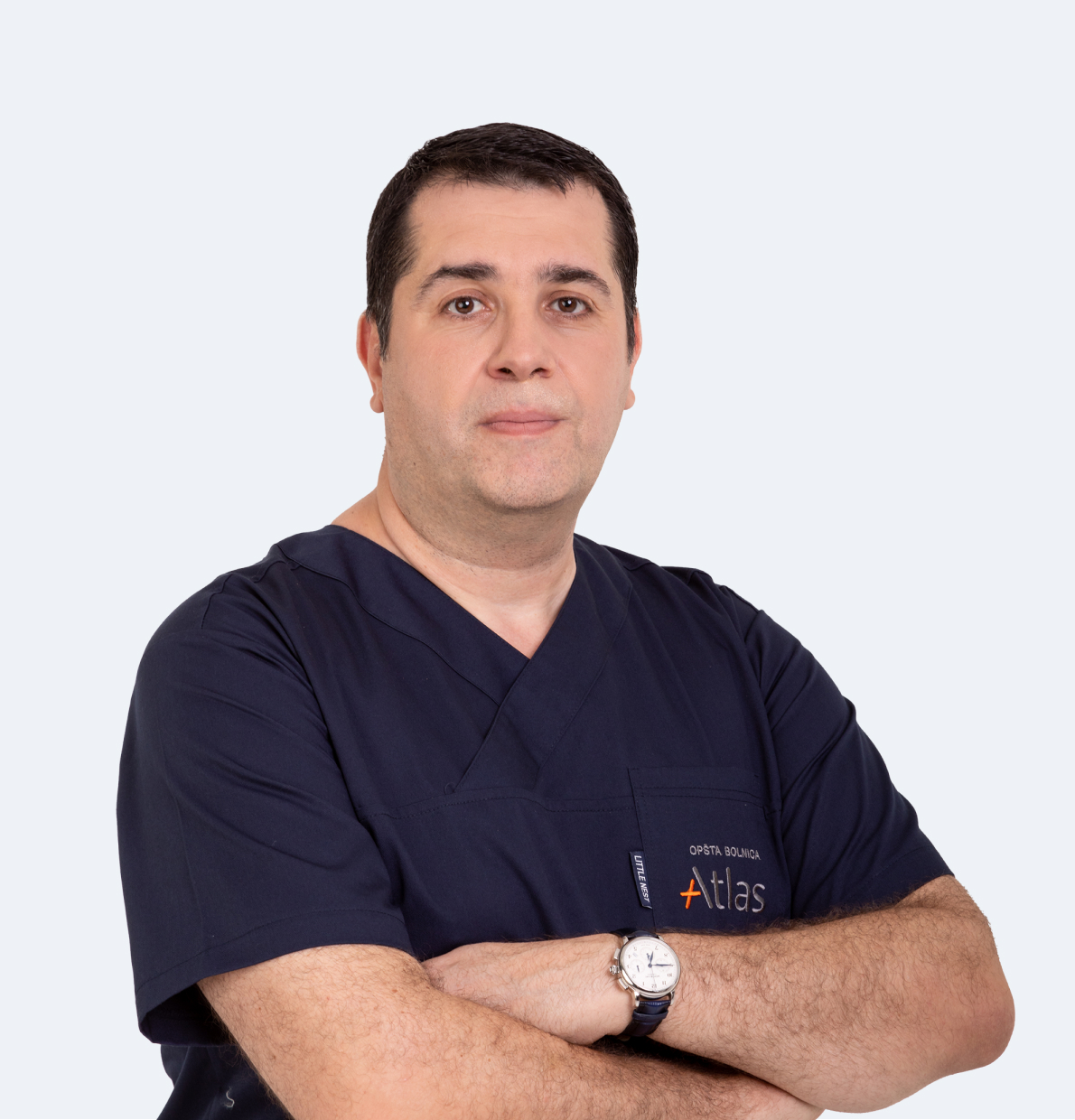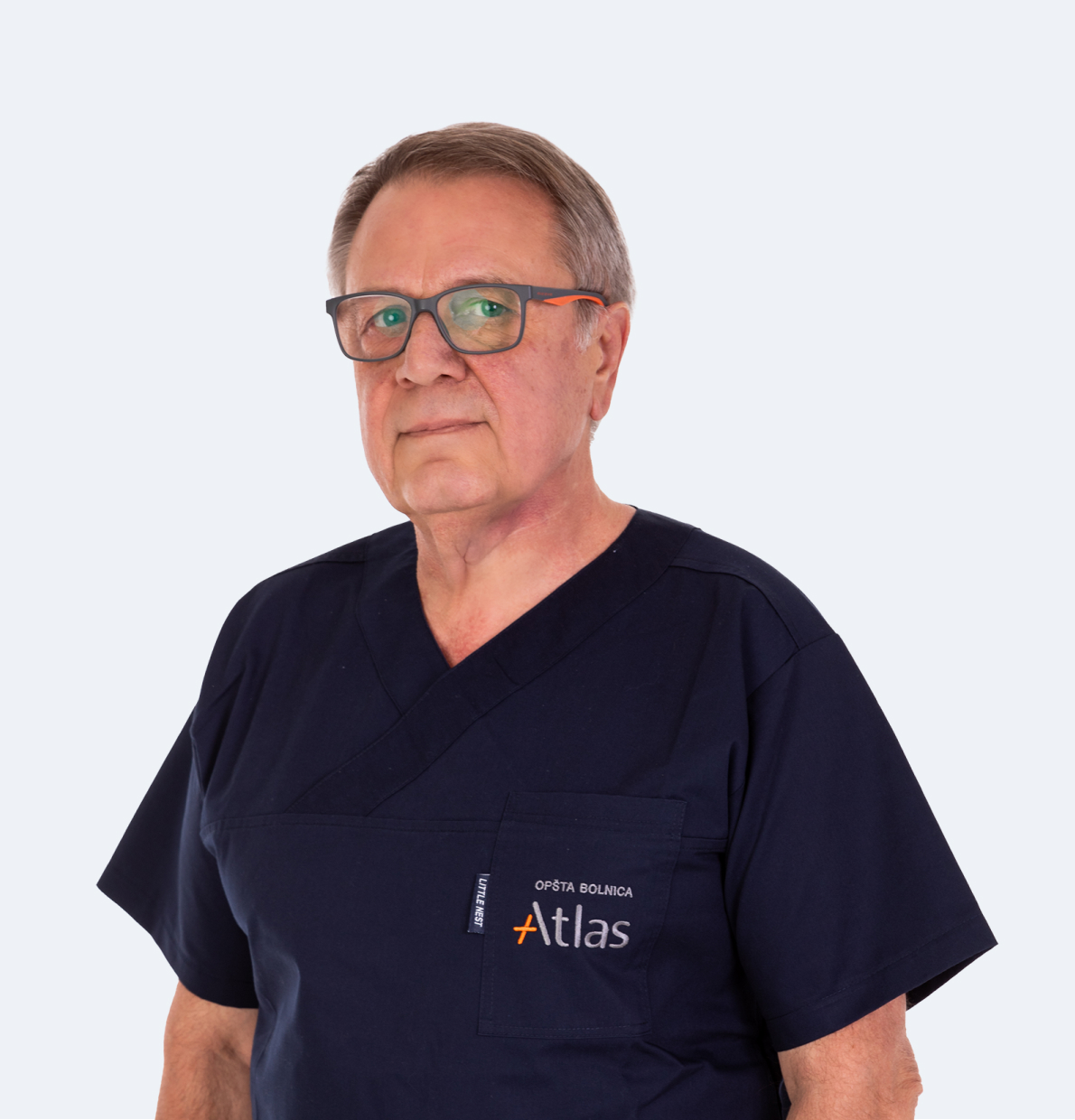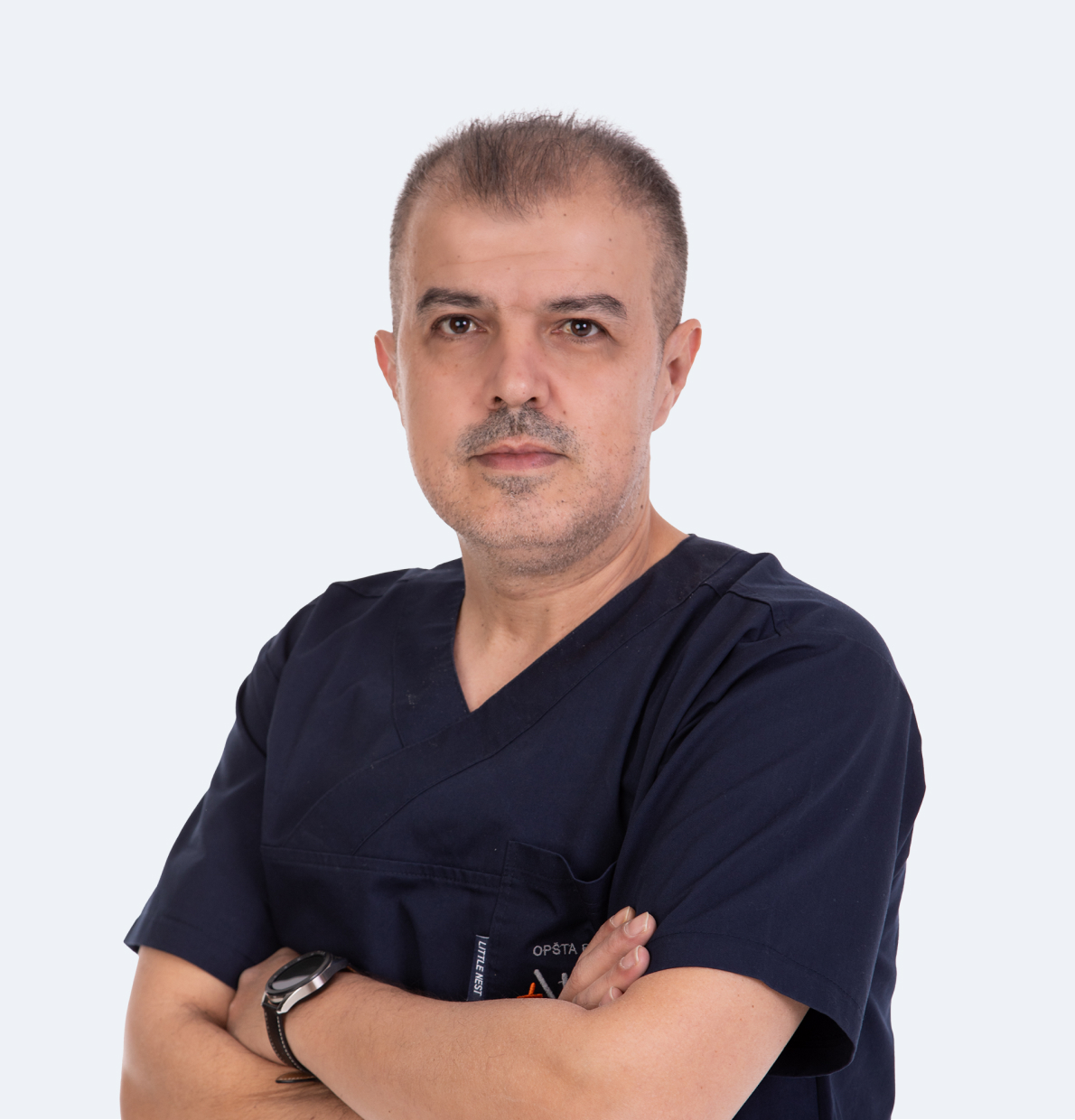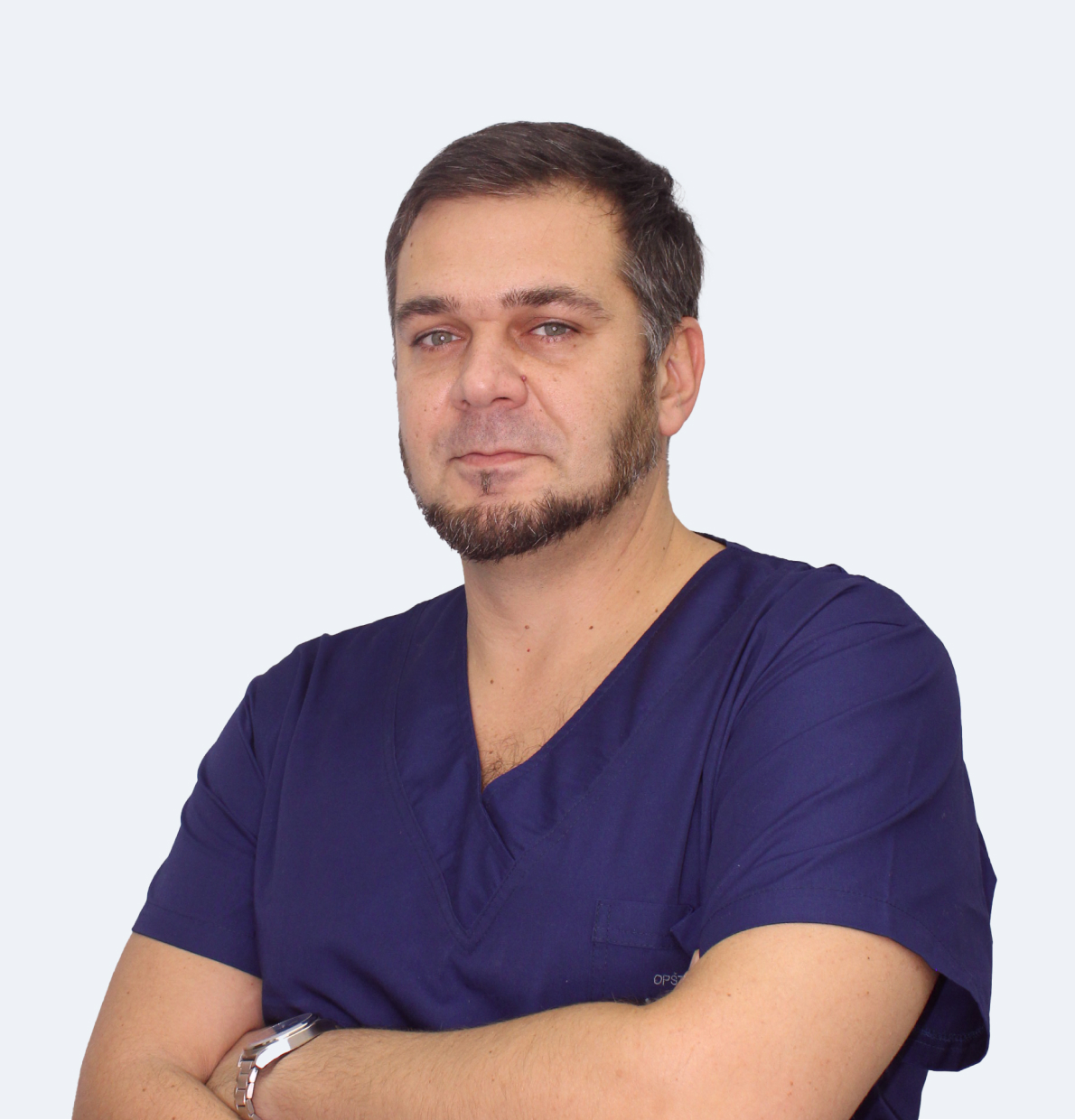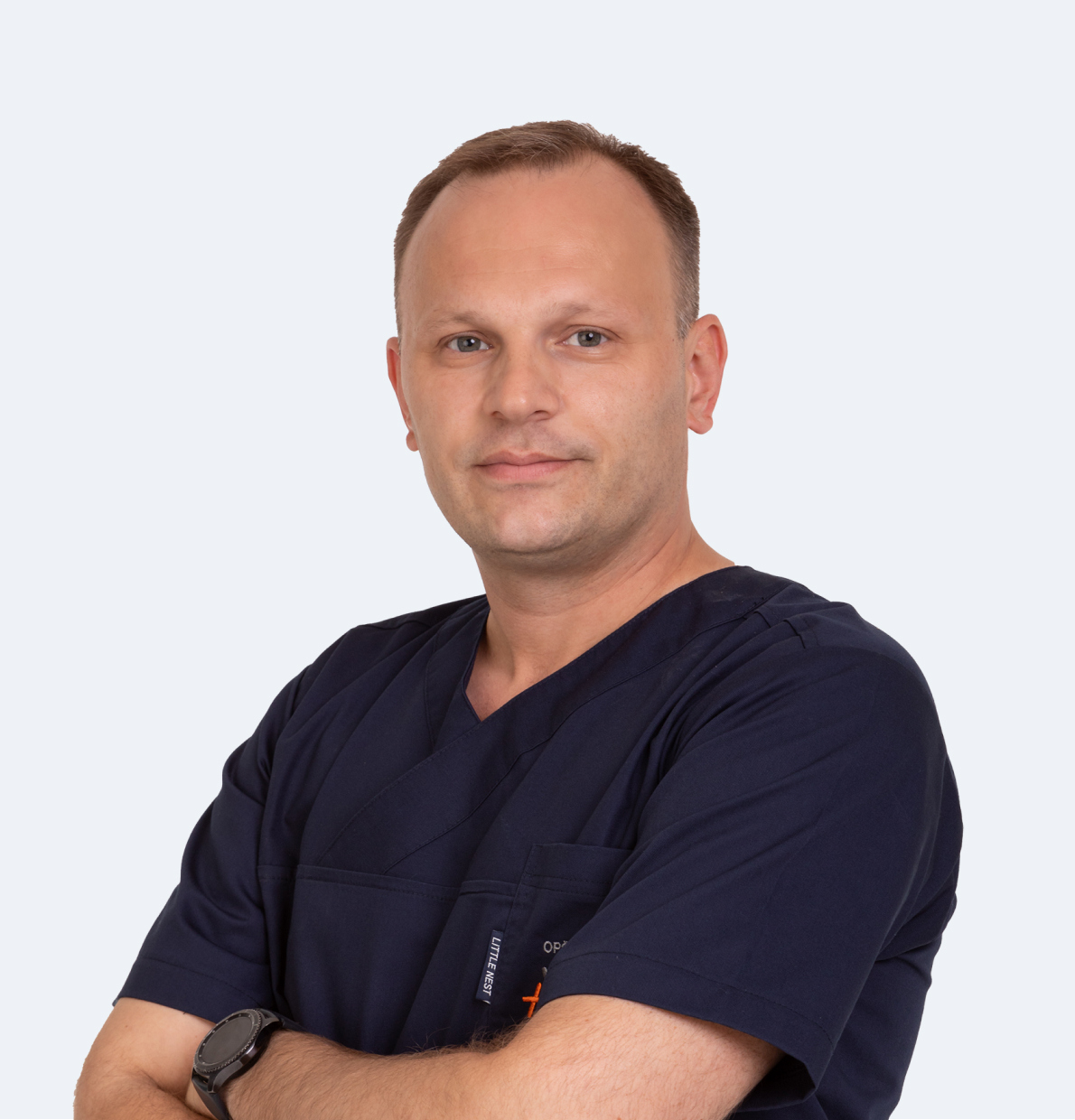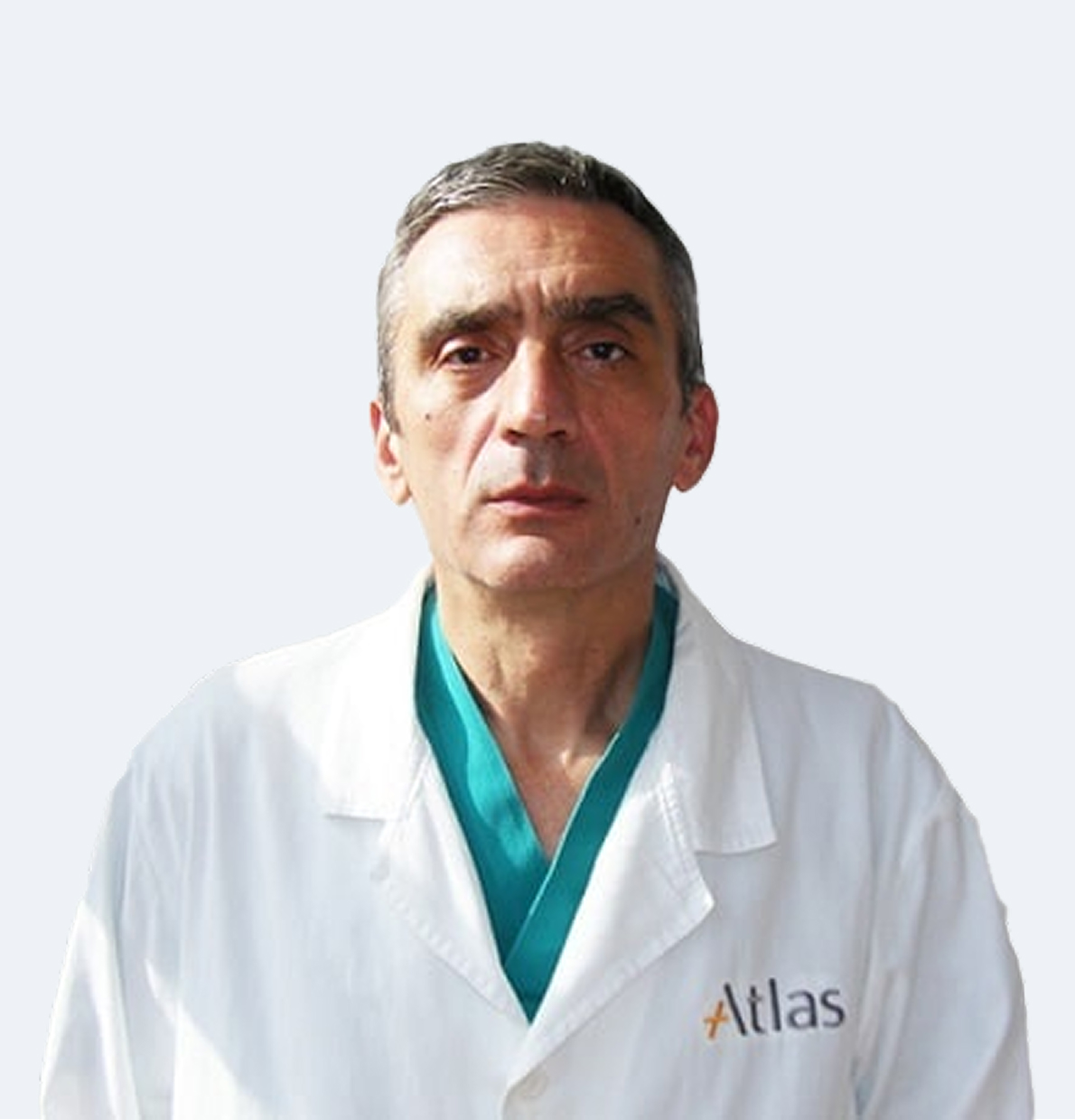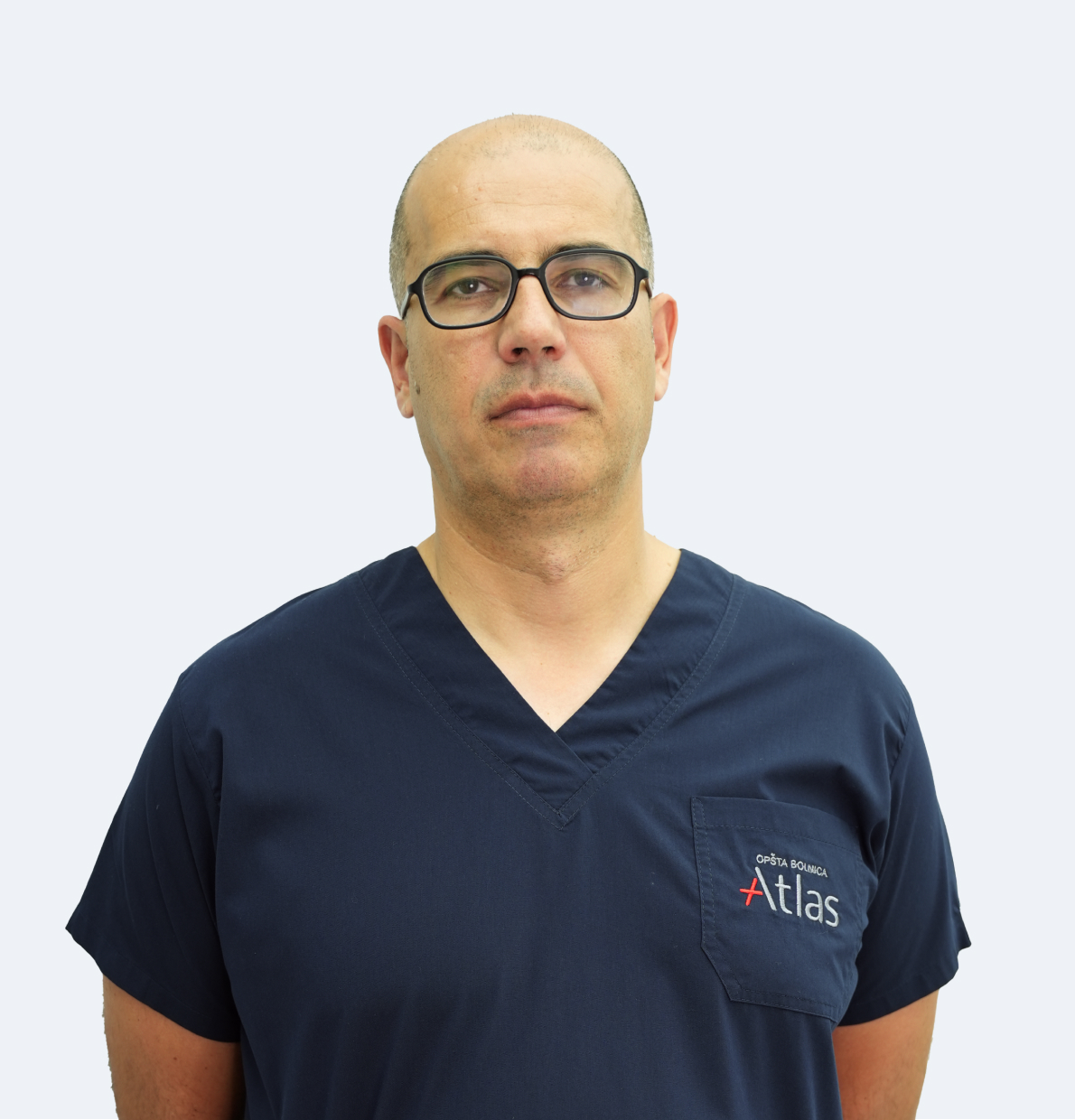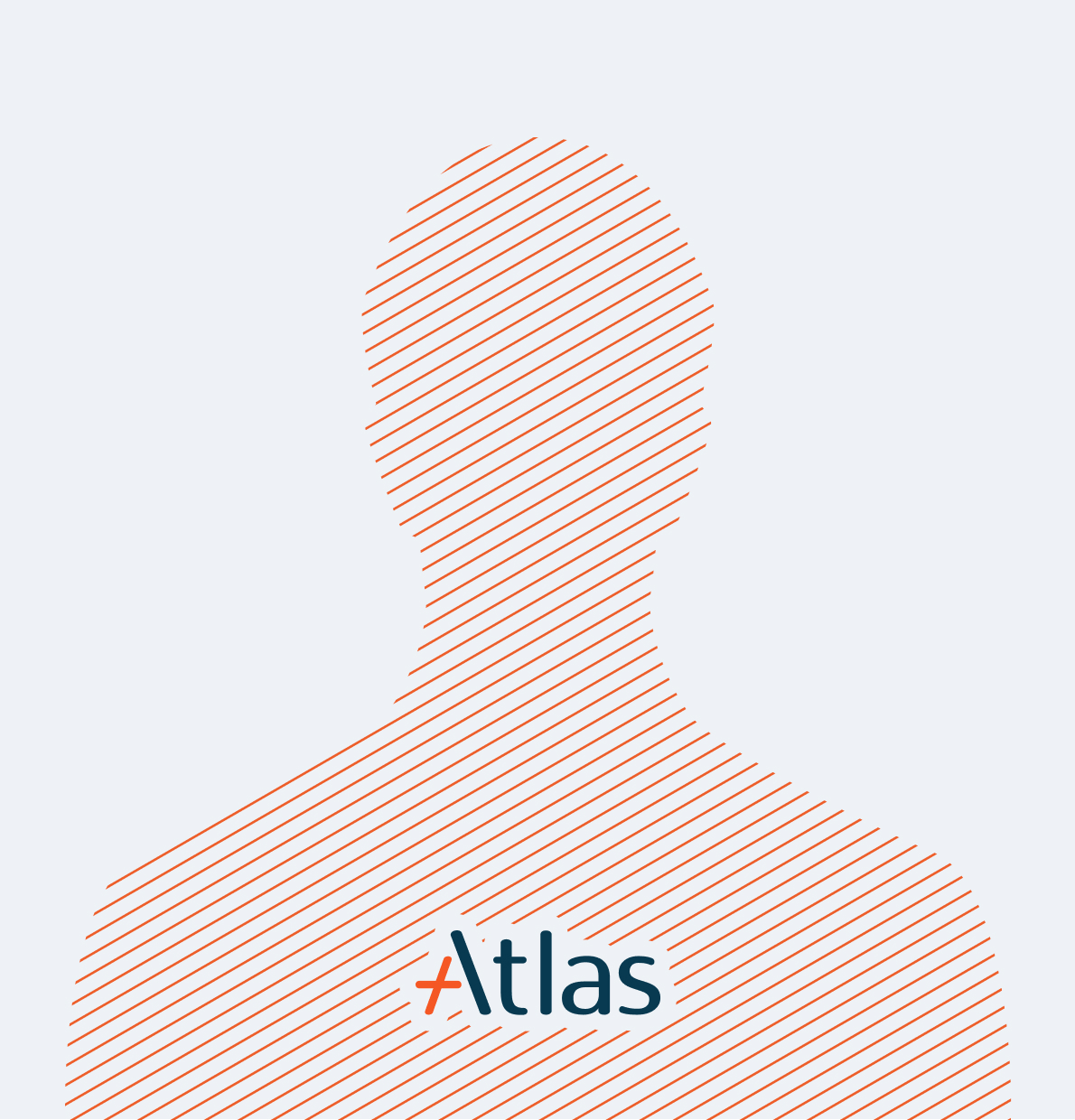Hernia comes from a Greek word “hernios”.
A hernia is a gap or space in the strong tissue that holds muscles in place. A hernia occurs when the inside layers of the abdominal muscle have weakened resulting in a bulge or tear. The common areas where hernias occur are in the groin, (inguinal),belly button (umbillical) and the site of a previous operation (incisional).
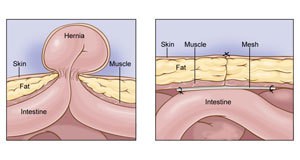
There are several hernia types: inguinal, femoral, ventral and umbilical.
Inguinal hernias are the most common type of hernia. They occur in a part of the abdominal wall, known as the inguinal canal, where a man’s testicles must descend before birth. This leaves a natural defect called the internal inguinal ring that can develop into hernia if it does not seal properly. It is 15 times more common in men than in women.
Femoral hernias along with inguinal hernias are groin hernias. They are much more common in women than in men.These hernias appear just below the groin crease and are usually the result of pregnancy and child birth.
Umbilical hernias are congenital or acquired weakness of the umbilical ring and is manifested by bulge in the abdominal region.
Ventral hernias are the consequences of a surgical procedure on the front abdominal wall.
Symptoms of hernia may differ greatly and they are divided into asymptomatic which are not manifested by pain or discomfort and symptomatic whose symptoms are various like mild pain,feeling of heaviness and discomfort in the region where the hernia is and strangulated which are characterized by severe pain,bloating,nausea and vomiting. This calls for immediate surgery.
It is usually easy to recognize a hernia. You may notice a bulge under the skin.You may feel a pain or discomfort when you lift heavy objects,cough,strain during urination or bowel movements,or during prolonged standing or sitting. The pain may be sharp and immediate or a dull ache that gets worse towards the end of the day.
Severe, continuous pain, redness and tenderness are signs that the hernia may be entrapped or strangulated.Another sign of this is if the bulge used to come and go,but now is stuck out.
Hernia can only be treated surgically .
In the Atlas general hospital the most advanced hernia surgery is performed (hernioplastic)- safe removal of primary and recurrent groin (inguinal and femoral) and ventral hernias.
How is the procedure carried out?
Hernia surgery can be classical.
In classical hernia operation there is one incision.
Classical operations may be carried out under local or regional anaesthesia.
Local anaesthesia has a great advantage especially for elderly patients.
This kind of anaesthesia is harmless and may be used in patients with cardiovascular and respirator diseases.
Thanks to this, a large number of very old patients can be successfully operated on.
After this operation,a patient can leave the hospital either the same or the next day.

